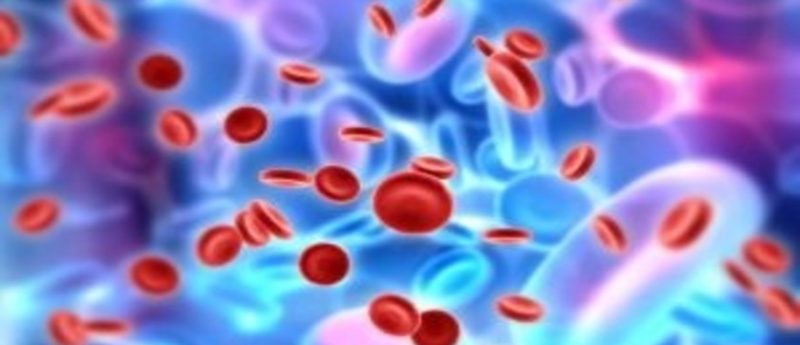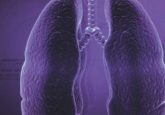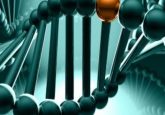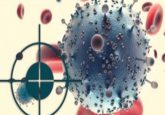Another step forward in understanding the biological mechanisms of childhood ALL

Researchers working at Queen Mary University of London (UK) and other institutions have recently identified genetic mutations that may be responsible for the development of childhood acute lymphoblastic leukemia (ALL).
The identification of these genetic aberrations, which was described recently in Nature Communications, may assist in the development of individually-tailored treatment for the disease.
The study involved analysis of the DNA sequence of 39 Down’s syndrome patients with ALL, a disease that children with Down’s syndrome are 20–50 times more likely to develop, compared with other children. These DNA samples, which represented different stages of the leukemia, were sequenced using full-exome or cancer genes-targeted sequencing.
The DNA analysis revealed that mutations in the RAS and JAK genes are able to promote cancerous growth of blood cells. However, it was also noted that these RAS and JAK mutations appear to be mutually exclusive and do not mutate together.
These findings may lead to improved identification of these mutations in ALL patients and thus more effective tailored treatment for individuals.
“We believe our findings are a breakthrough in understanding the underlying causes of leukaemia and eventually we hope to design more tailored and effective treatment for this cancer, with less toxic drugs and less side-effects. This could benefit all children affected by the disease and potentially even cut the number of side effect-related deaths,” commented study author Dean Nizetic, Professor at Queen Mary University of London and Lee Kong Chian School of Medicine, Singapore.
Sources: Nikolaev SI, Garieri M, Santoni F, et al. Frequent cases of RAS-mutated Down syndrome acute lymphoblastic leukaemia lack JAK2 mutations. Nat Commun. doi: 10.1038/ncomms5654 (2014) [Epub ahead of print]; Queen Mary University of London press release




